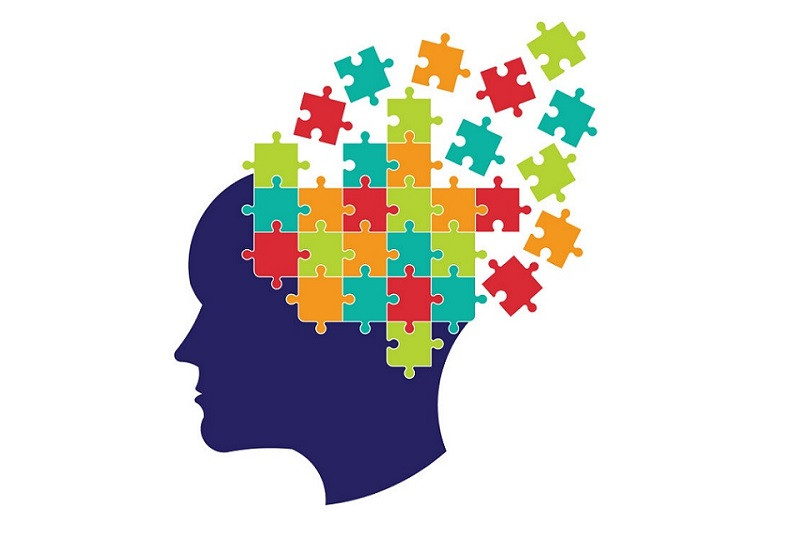How to strengthen your extroverted intelligence?
Howard Gardner’s Theory Of Multiple Intelligences Was First Published In 1983 In His Book Frames Of Mind.
Gardner believes that people can respond to environmental stimuli differently, and every average person has at least basic abilities in each type of intelligence. Still, everyone is better at some intelligence than others. It has more prominence; For example, a person can be a valuable writer because he is solid in terms of verbal intelligence, but due to weakness in spatial intelligence, the same person may not be able to find his way easily while driving on highways.
Each person’s success in life depends on the level of development of intelligence or bits of intelligence that are needed for successful performance in his culture. The exciting thing about this intelligence is that you can increase the amount of each intelligence with practice. In this article, we discuss Gardner’s ways to strengthen extroverted intelligence.

If you haven’t taken Gardner’s multiple intelligence test yet, take it first from the link below:
- Start the Gardner multiple intelligence test ( free )
Definition of extroverted intelligence
This type of intelligence in you shows the ability to contact, talk, socialize with others, and motivate people to achieve a common goal. Having this intelligence, you try to see things from other people’s points of view to understand how they think and feel. You usually have an extraordinary ability to understand the feelings, intentions, and motivations of others and have a high sense of empathy and compassion.
You can make friends with others well, are very friendly and pleasant, and quickly recognize your place in the crowd. You can easily identify the feelings and emotions of others and motivate them to do what you want.
Effective social communication is one of your favorite tools; you know how to advance your goals by persuading others. Your level of emotional intelligence is high, and in this way, you can have good skills in negotiation.
This type of intelligence is also called social intelligence.
If you have extroverted intelligence, you establish a good relationship with your parents from the very beginning, and you can imitate the facial expressions and gestures of others and repeat the exact words and sounds.
In general, you are easily able to communicate with others. Communicate with others. In the next stage, you can expand your relationships with your peers and gain popularity among them.
You can easily read and interact with other people’s feelings and emotions. You have good sympathy and compassion, and you become close with others very quickly; for this reason, your circle of friendship increases and expands daily and goes beyond family members.
In more advanced stages, you can gather people together, form parties, groups, and factions, pursue different social and group goals, and support social ideas.
To be successful in the career path, having and improving extroverted intelligence is one of the essential pillars.
Solutions to strengthen extroverted intelligence
You can use these solutions to strengthen extroverted intelligence :
-
Socialize with people and introduce yourself to them.
-
Active listening to others can enhance relationships and empathize with them.
-
Maintaining eye contact with the person talking to you and nodding and gestures encouraging the speaker to speak are among the strategies that make your communication with others not just shallow and fleeting.
-
Virtual identity is integral to people’s identity in the new age. Complete your accounts on critical virtual networks and post examples of your work on them.
-
Try volunteering for a community project, then write down your memories of the activity in a notebook or blog.
-
Try to find a steady audience by constantly writing on social networks or on your blog, thereby expanding your connections. Remember that it’s not just your friends who have access to these posts; your future employer might also read them.
-
Congratulate and encourage someone who has done something.
-
When you feel emotion, learn to express it in a non-threatening way.
-
Pay attention to the body language of your partner.
-
Get a book on body language and read it.
-
Tell someone who has done something for you in the past that you remember their kindness and thank them.
-
Try to communicate with others non-verbally.
-
Join a group and look for ways to participate in group discussions. Try to resolve your conflicts with your counterpart or other people’s conflicts together.
Read Gardner’s strategy for strengthening the eight bits of intelligence here:
- Verbal, linguistic intelligence
- Mathematical-logical intelligence
- Visual-spatial intelligence
- Musical intelligence
- Motor-physical intelligence
- Extroverted intelligence
- Intrapersonal intelligence
- Natural intelligence










